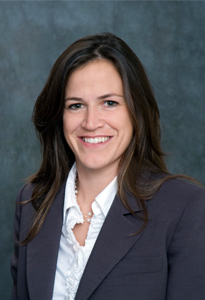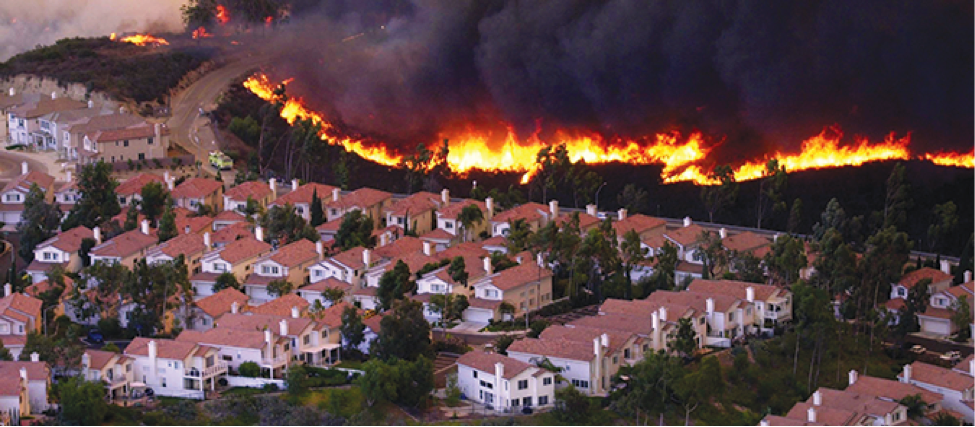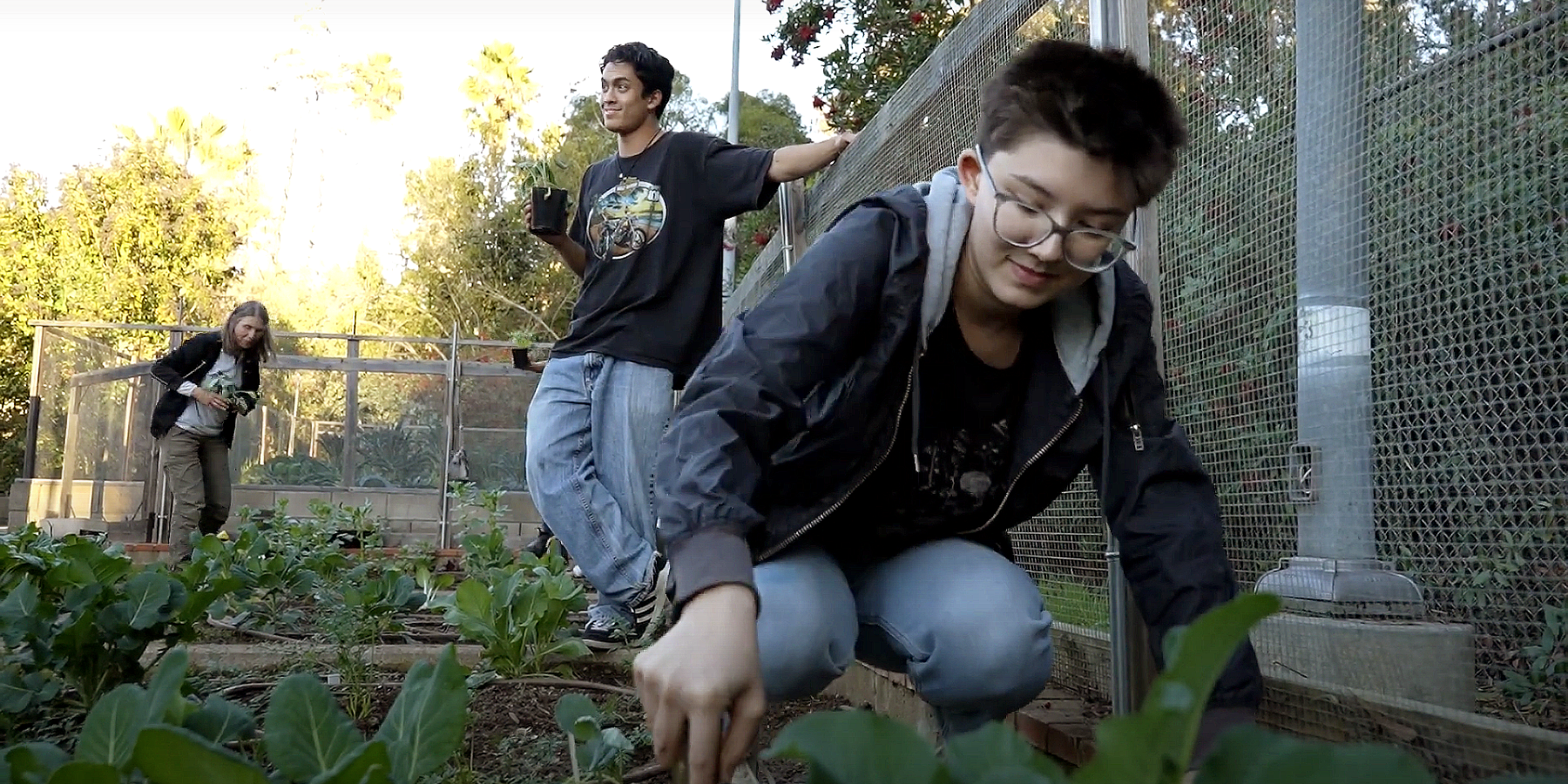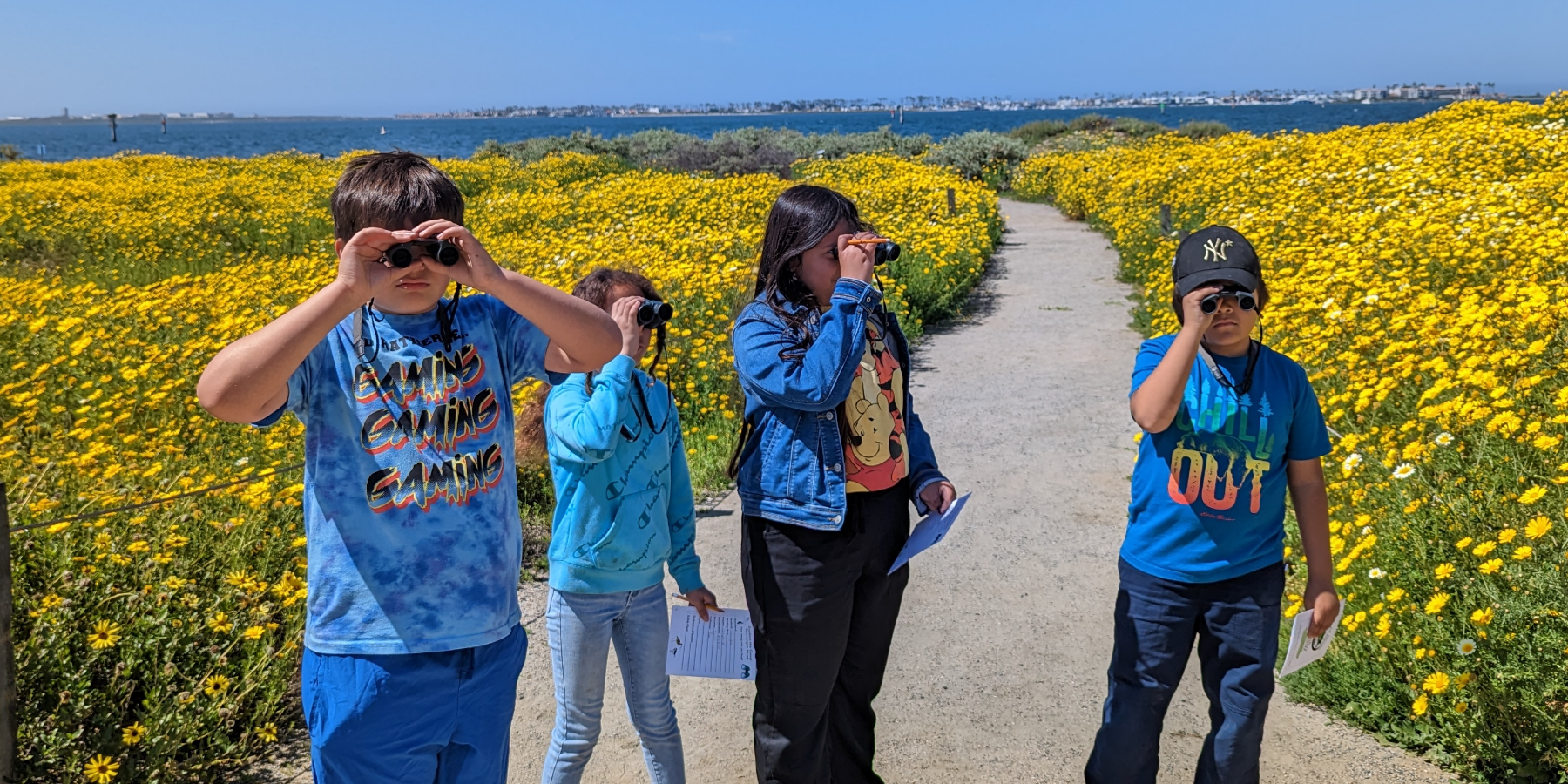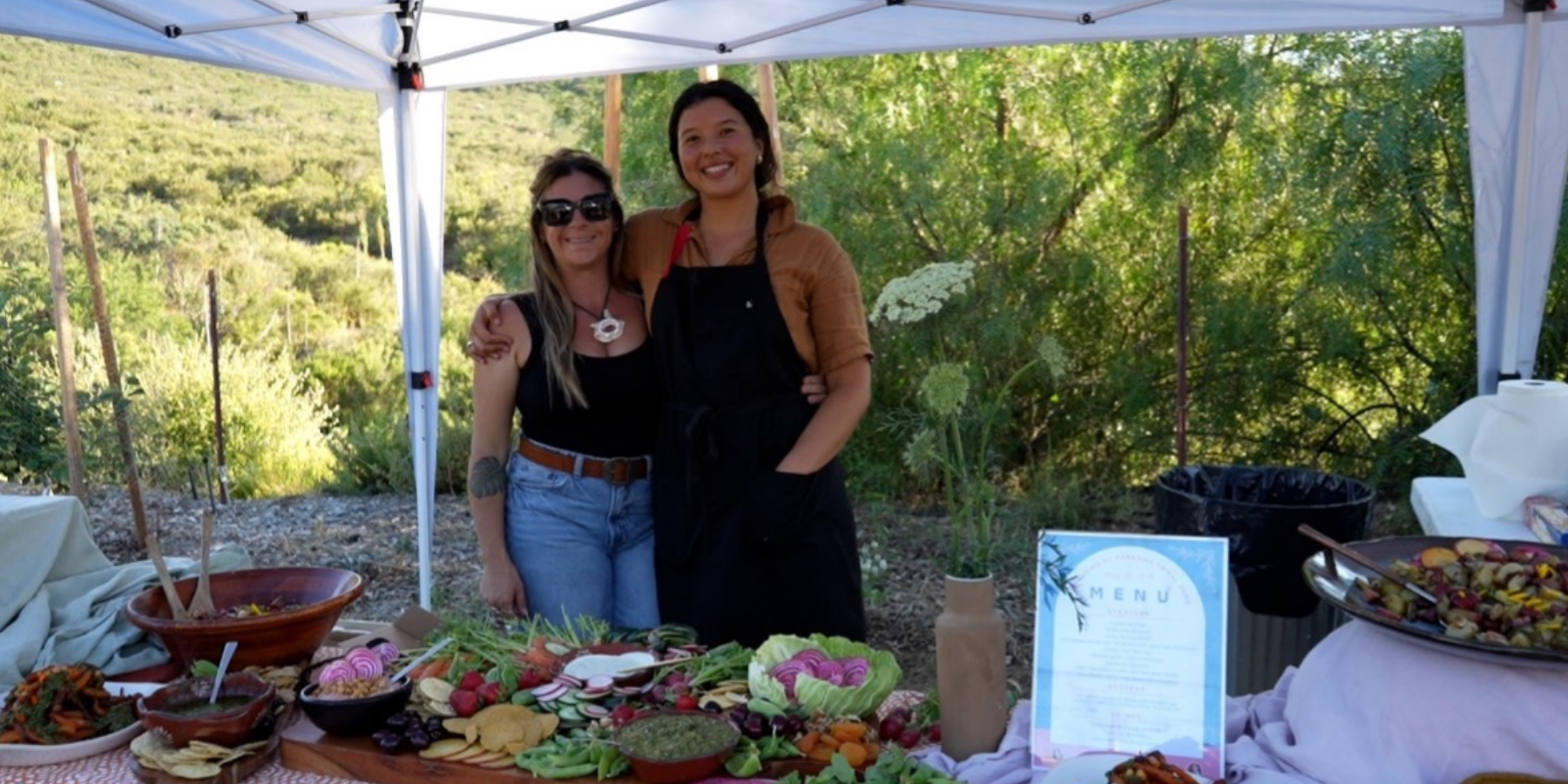A year ago, The San Diego Foundation released a report with a title that posed a question to regional leaders and communities – San Diego, 2050 is Calling. How Will We Answer?
The report was the result of collaboration with Climate Education Partners, and input from more than 20 local climate scientists and technical experts about the latest climate change science, and its implications for our region’s quality of life, vibrant economy, the health and wellbeing of the region’s diverse communities and spectacular natural resources.
Working Together and Investing Today
Since then, The San Diego Foundation has been working with nonprofit, government and business partners to share findings from the report and help San Diegans learn more about, prepare for and respond to the impacts of a changing climate.
We’re excited to announce that we are also partnering with the San Diego Regional Climate Collaborative to grant $311,500 to six projects to help communities put San Diego, 2050 is Calling. How Will We Answer? into action.
We know that by working together and investing today, we can ensure we leave future generations a strong regional economy and healthy environment in the face of a changing climate.
Projects We’re Supporting to Build Resilience to Climate Change
- As a region, we import most of our energy and water. The Center for Sustainable Energy will provide approximately 200 community members and municipal employees from seven cities in our region with in-depth, customized advice about water and energy savings in their homes to build community awareness about the drought and resilience to climate change.
- Bordered by the Pacific Ocean, San Diego Bay as well as the Tijuana Estuary – the largest coastal wetland in Southern California and critical stopover for some 370 bird species – The City of Imperial Beach is uniquely vulnerable to increasing coastal flooding due to climate change. Working with partners, leaders and community members, the City will develop an Imperial Beach Sea Level Rise and Coastal Flooding Assessment.
- As drought conditions worsen in San Diego, water reuse and preservation efforts are vital to maintain the quality of life throughout the region. The grant will help the City of Chula Vista build a Water Reuse Framework through public engagement and economic analysis to expand its conservation efforts. The grant also includes a 100 percent match thanks to a Bloomberg Philanthropies Award for the Partners for Places Grant Program -‐ a project of the Funders’ Network for Smart Growth and Livable Communities.
- Building on their past work to develop a Sea Level Rise Adaptation Strategy for San Diego Bay, ICLEI-Local Governments for Sustainability will bring together coastal cities and community members from San Diego to Oceanside to evaluate shared risks and build regional resilience to the impacts of coastal flooding and sea level rise for coastal communities, streets, sewers and other critical infrastructure, beaches and natural areas.
- Local Fire Safe Councils are like the “neighborhood watch” for keeping San Diego fire safe, and an important asset in a region that is one of the most fire-prone regions in the country. The Resource Conservation District of San Diego County will work with the Fire Safe Council of Greater San Diego County and local Fire Safe Councils to build long-term preparedness for the increasing risk of wildfires due to climate change.
- Collaboration is essential to maximize the impact of climate change programs and policies. Through a grant to the Local Government Commission, local leaders will be able to enlist the expertise, resources, and support of state and federal agencies as part of the Alliance of Regional Collaborative for Climate Adaptation to develop effective programs and policies in San Diego.
About Nicola Hedge, MPIA
